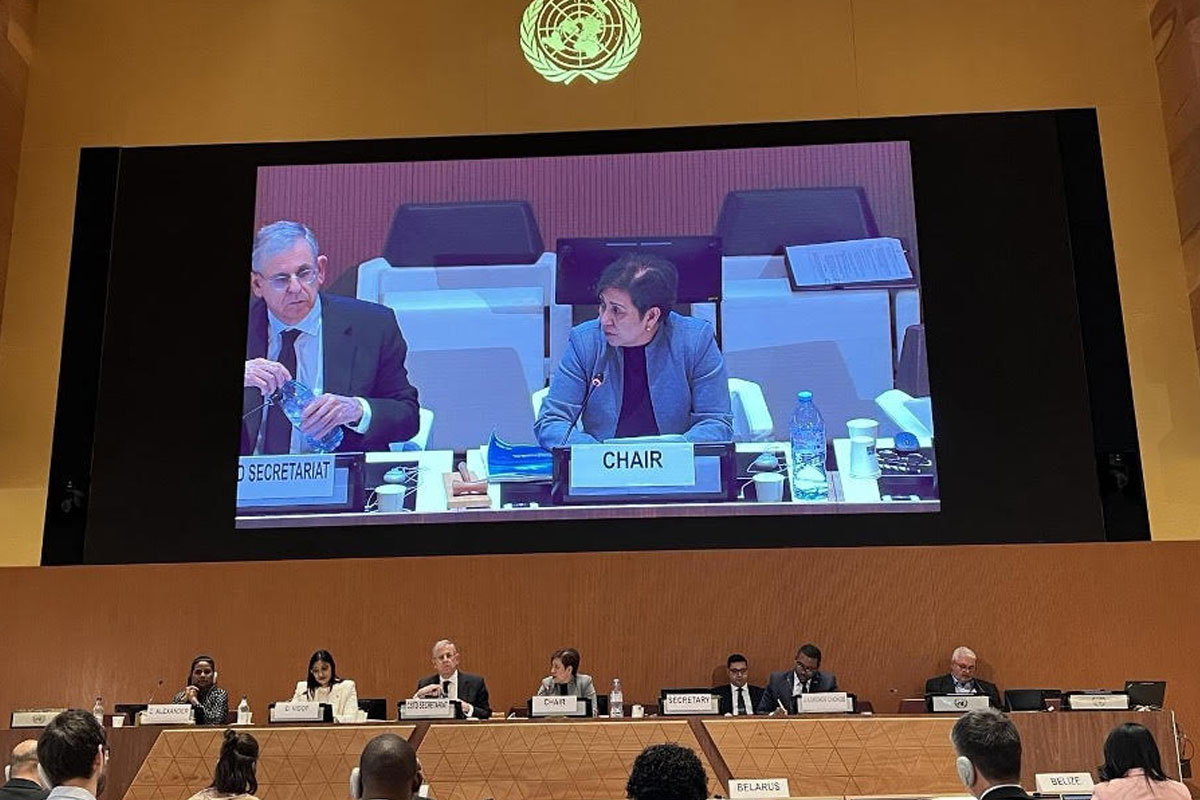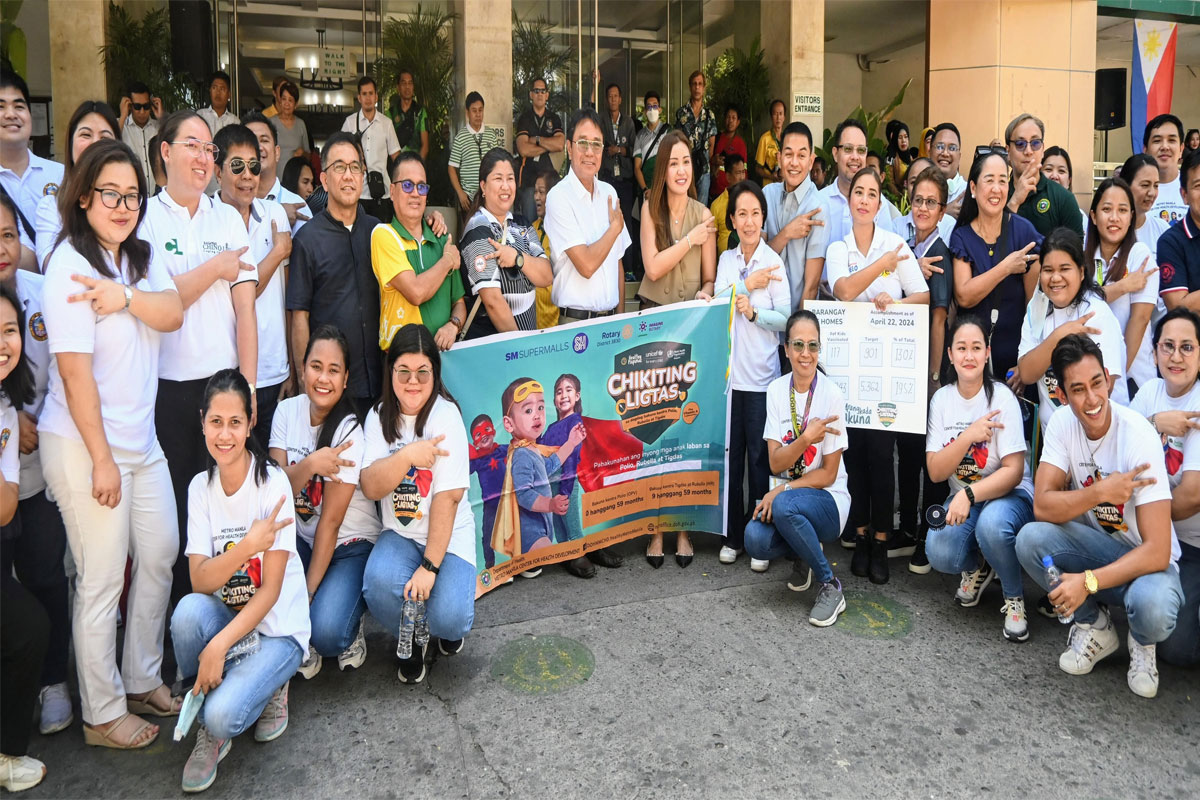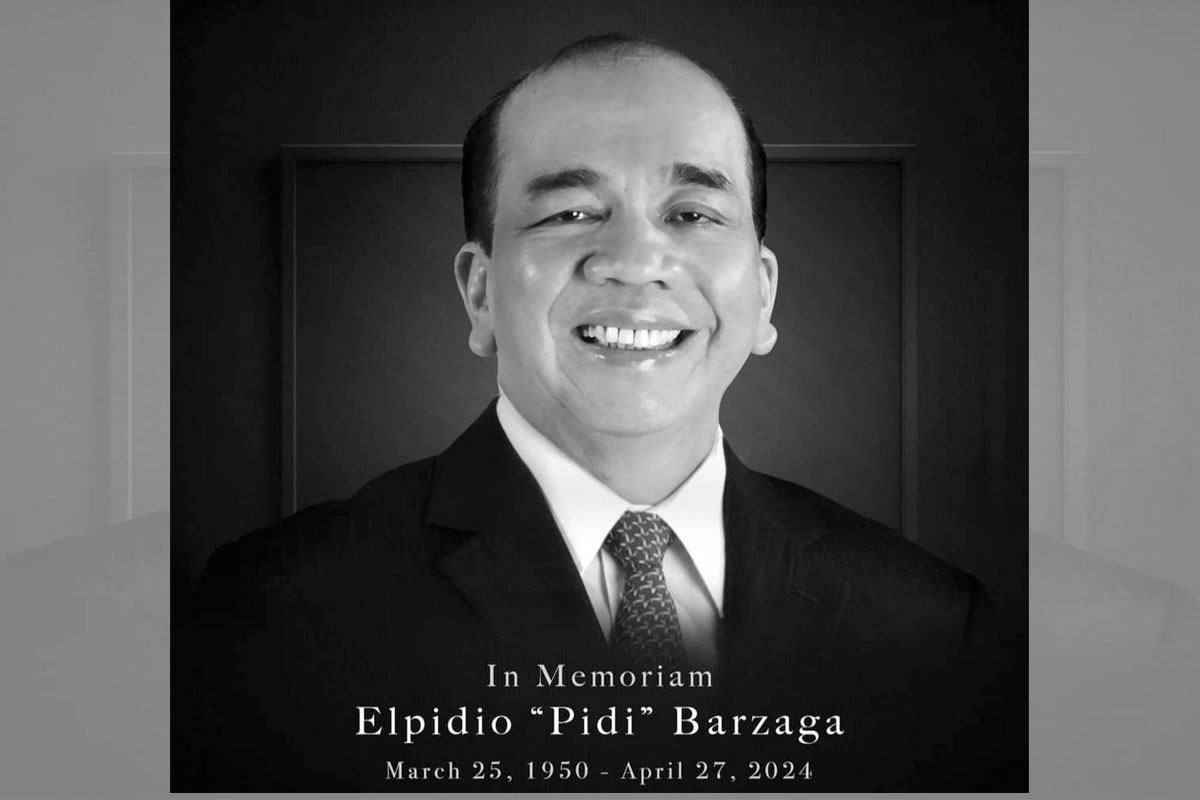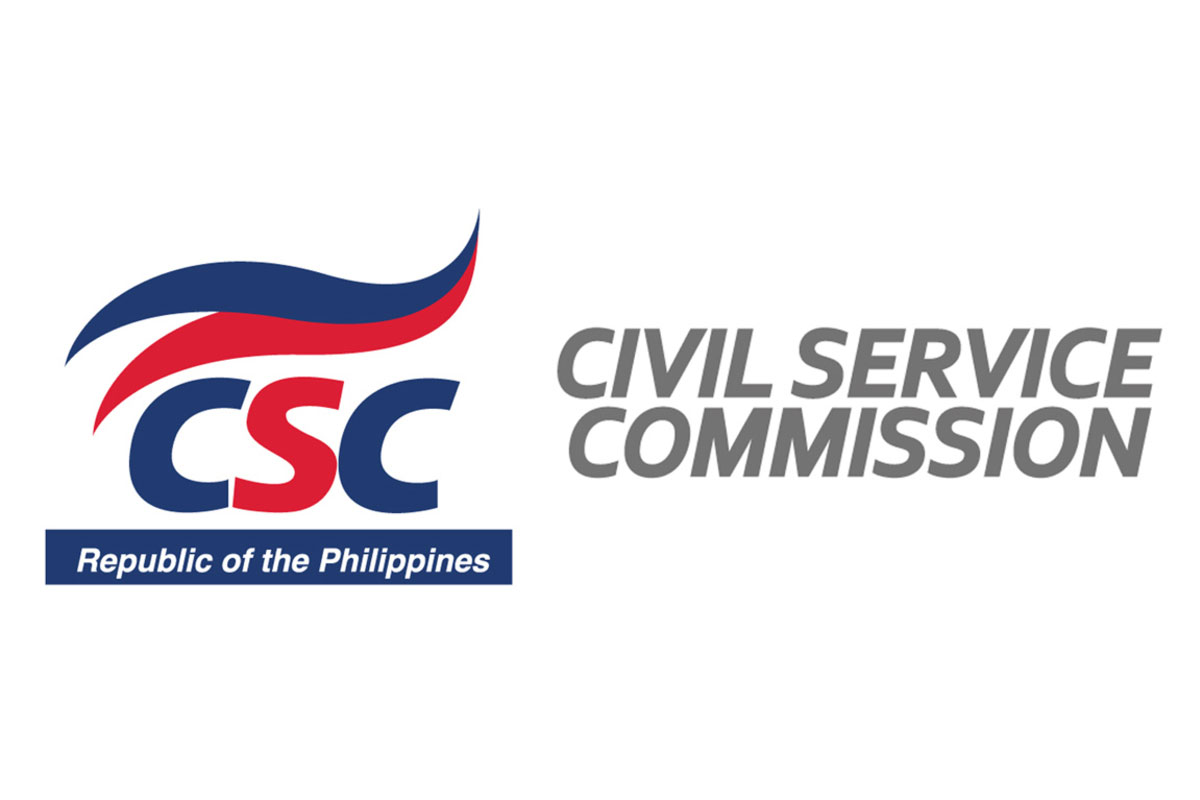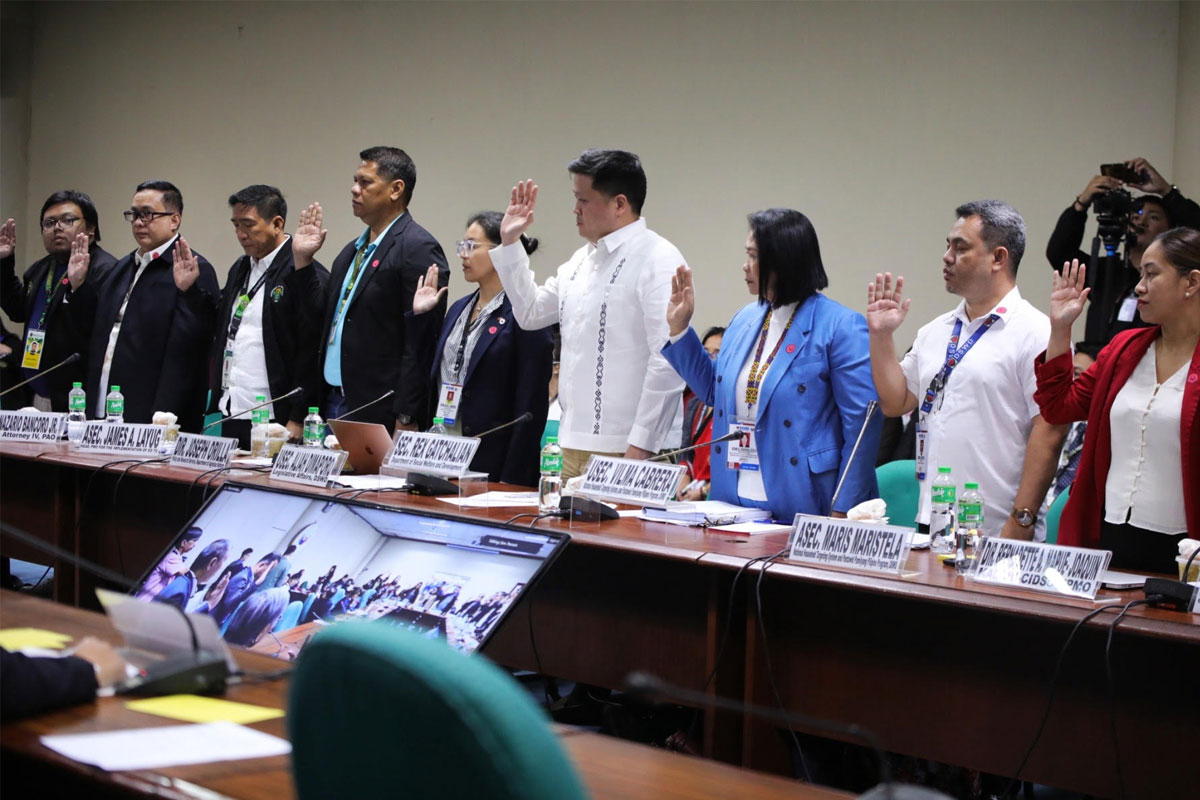
Jehovah’s Witnesses participate in Pacific Partnership 2022
JEHOVAH’S Witnesses (JWs) participated in the Pacific Partnership 2022 (PP22) hosted by the city aiming to present alternative clinical strategies to accommodate patients who refuse blood transfusion like Jehovah’s Witnesses.
PP22, which was held from July 24 to August 16, 2022, is the largest humanitarian assistance and disaster preparedness exercise conducted this year in the Indo-Pacific region.
Most of the participants are medical professionals from the United States Navy who make up the crew of the USNS Mercy, a 1,000-bed hospital ship. Other representatives came from the Philippines, England, Australia, Chile, South Korea, and Vietnam.
PP22 focused on providing critical skills and expertise through training facilitated by the USNS Mercy crew members and a medical symposium organized by the Palawan Medical Society.
Jehovah’s Witnesses participated through their exhibit entitled “Clinical Strategies To Avoid Blood Transfusion.” Also, Dr. Angelina A. Gapay, an anesthesiologist for 46 years, gave a lecture about how patient management can be done without blood.
Jehovah’s Witnesses refuse to be transfused with blood due to the Bible’s directive to abstain from it. There are also non-Jehovah’s Witnesses who refuse blood transfusion due to health risks and other reasons. While this has presented some challenges, many doctors have successfully employed bloodless medical and surgical techniques to treat patients while respecting their right to choose other forms of treatment that do not involve blood transfusion.
Dr. Gapay’s presentation emphasized that doctors should view a patient’s refusal of blood as a medical issue and not just a religious one. It proved to be insightful for the medical specialists in attendance, especially for the crew of the USNS Mercy where blood is not always available.
“A member of the crew told me that my talk inspired her,” Dr. Gapay recounted, “and that when she goes back to the US, she will suggest that her department creates a patient blood management program.”
Additionally, the Cancer Treatment Centers of America mentions in one article: “Bloodless medicine patients may have fewer post-operative strokes or heart attacks and overall, have more positive outcomes from their treatment.” Also, transfusions may cause allergic reactions and fever in some patients, and blood may become scarce or inaccessible in some places. Alternative options omit these risks and challenges.
Many of the participants approached the Clinical Strategies exhibit booth to get a set of brochures on how to manage various medical issues without blood transfusion. There were 18 Palawan-based doctors who also provided their names as possible physicians to consult when a patient wants bloodless treatment.
Jehovah’s Witnesses publish more information on these and similar topics on their jw.org website. Contact information:(02) 3224-4405/[email protected].


